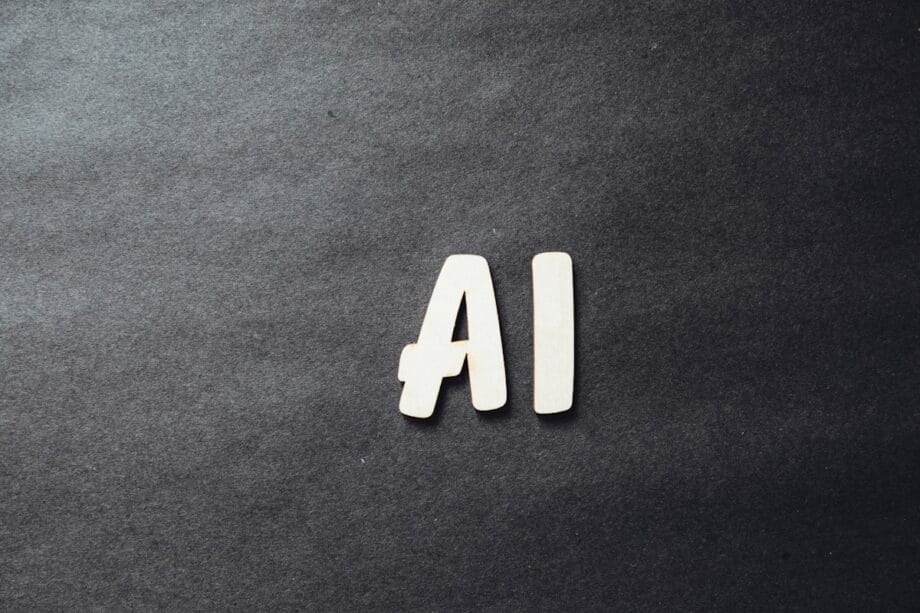New Insights on US-China AI Rivalry
EXCLUSIVE: A recent analysis from a conservative think tank posits that artificial intelligence (AI) heralds a novel “cold war” era between the United States and China.
The study, articulated by the Center for Security Policy, asserts that AI represents the paramount geopolitical struggle of the 21st century.
It warns that the Chinese Communist Party (CCP) stands on the precipice of establishing itself as the globe’s preeminent AI power.
The report cautions that, should the CCP achieve hegemonic control over AI by 2030, the United States risks being relegated to a “second-rate power and worse.”
“The sole— and imminent— threat to continued American AI supremacy is the People’s Republic of China,” the document declares. “The AI contest will be determined within five years. This peril poses an existential risk to the future of the United States and the global order.”
The significance of American AI leadership is underscored in the report, highlighting the “hazards” the CCP would embody if it ascends to the forefront of this transformative technology.
Alarm Bells: Media’s Current AI Concerns
The national flags of the United States and China flutter at the Fairmont Peace Hotel on April 25, 2024, in Shanghai, China.
The report elucidates that while AI innovations from the United States generally adhere to ethical frameworks, a different narrative unfolds in China.
The CCP’s ethical paradigm is “engineered to uphold ideological purity, discipline, and legitimacy as demanded by Party leadership, divorced from any universal moral philosophy.”
Should China secure its status as the preeminent force in AI, the CCP could “establish itself as the arbiter of global technological standards.”
“American and Western enterprises may face coercive pressures to conform their technologies to those that emerge from the CCP’s influence,” the report’s author cautions.
This revelation coincides with U.S. Secretary of State Marco Rubio’s reaffirmation of support for Taiwan, amidst escalating Chinese aggression.
“There will not be a trade agreement that compromises Taiwan’s integrity,” Rubio insisted. “No one is considering such an option.”
The report also indicates that if the CCP can “saturate the global market” with cost-effective, high-quality AI, it could effectively dismantle American enterprises.
Moreover, it divulges that China intends to leverage AI to bolster its military capabilities, significantly challenging U.S. supremacy.
“Advancements in AI under the CCP will confront the U.S. across various realms, from autonomous weaponry to rapid battlefield decision-making, further intertwining civilian innovation with the arsenal of the People’s Liberation Army (PLA),” the report articulates.
“The CCP has developed technologies capable of deploying drones, robotic vehicles, and robotic canines in synchronized assaults to track and eliminate targets with minimal human oversight. Early-stage humanoid combat robots, which the CCP designates as ‘supersoldiers,’ are also being engineered to operate in swarm formations.”
America’s Strategic Advantage in the AI Competition
New recruits of the Chinese People’s Liberation Army (PLA) attend a send-off ceremony at a railway station in Ganzhou, Jiangxi province, China, March 16, 2023.
J. Michael Waller, a senior analyst at the Center for Security Policy and the report’s author, conveyed to Fox News Digital that the U.S. could jeopardize “everything” if it permits China to outpace it in AI.

Should we allow China to attain dominance in AI, we risk losing everything. They possess the raw materials requisite for producing the hardware that powers AI.
If they dominate the market internationally and establish the global standards, we could find ourselves subservient to the Chinese Communist Party, he warned.
Waller emphasized that the national security ramifications of a Chinese hegemony in AI would be “beyond anything we’ve ever imagined.”
“Envision an artificial intelligence system dictating our needs, shaping our thoughts, facilitating our reasoning, and engaging in decision-making for machines,” he posited.
Source link: Foxnews.com.






